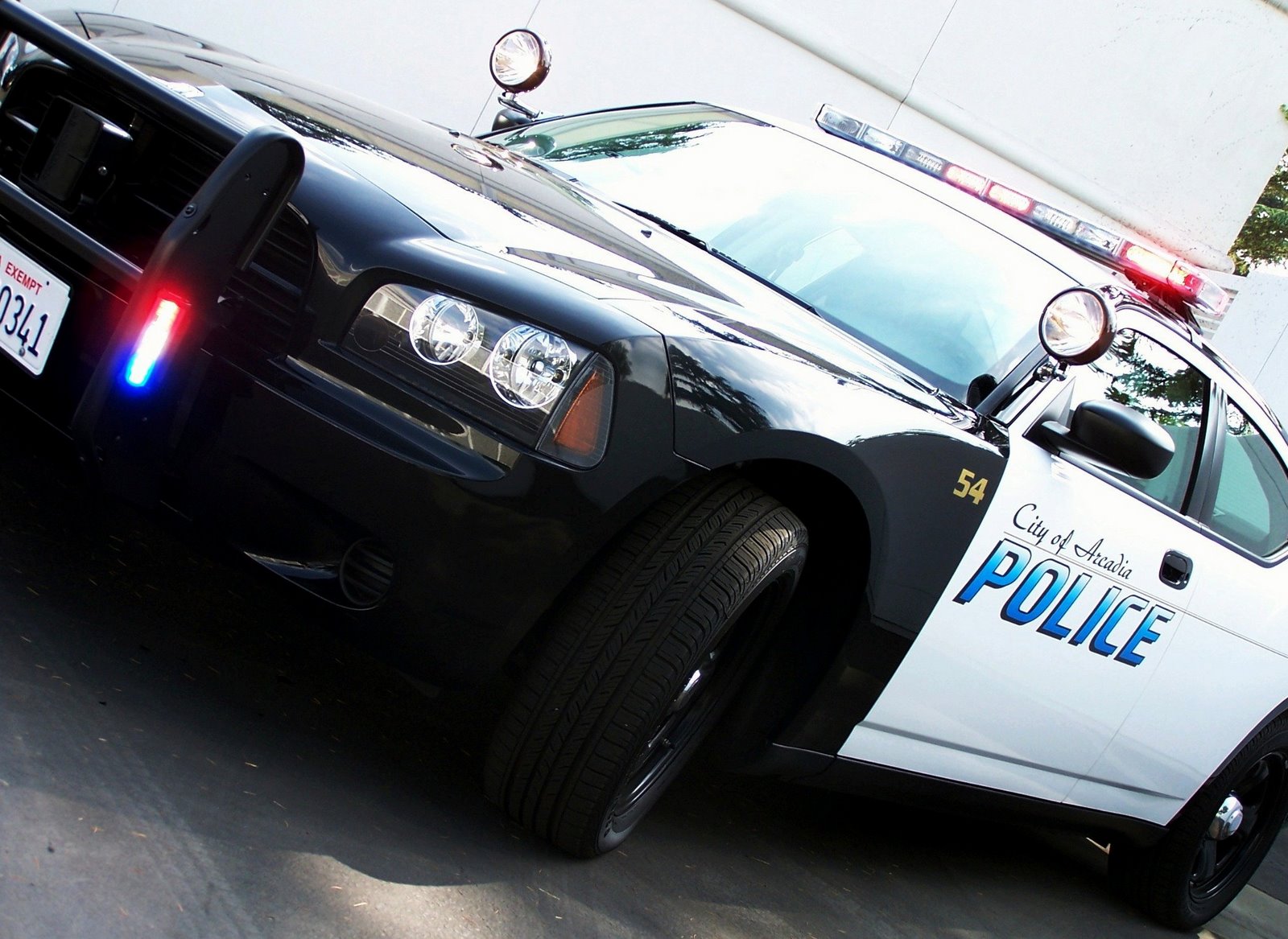When collisions or other traffic incidents occur involving a "mature driver", questions are often raised that ask whether or not the person should still be driving. Family members or friends sometimes take this a step further and ask what they can do to help or even how can they take the license away. There is no easy answer.
Officers in the field have the ability to require a driver to participate in a "reevaluation" with the DMV. If an Officer observes that the driver lacks ability, is physically incapable or is displaying signs that their driving is unsafe, the Officer can refer any driver, not just an older driver, to DMV. However, family members, a friend or neighbor can also contact DMV with their concerns. You may write a letter to DMV describing why you believe that a driver is no longer capable of driving safely. This action could initiate a reevaluation as well. Under certain medical conditions, a physician is also required to submit information to DMV.
The best step for anyone with a concern about a friend or loved one's driving is to become involved. The National Highway Transportation Safety Administration (NHTSA) has information on the topic and links to pamphlets that can be downloaded. Another great resource is AARP. The AARP website has a page dedicated to driver safety which includes a link to warning signs, information on classes, a driver safety IQ test, and other information applicable to the topic.
Take a look at these references. Gather information and knowledge on the topic and get involved. Deciding when not to drive is a tough choice and hard to breach with a loved one. Reasons for driving such as independence or even the simple desire to continue driving, need to be weighed against the probability of the driver injuring themselves or even worse, someone else.
Subscribe to:
Post Comments (Atom)



No comments:
Post a Comment